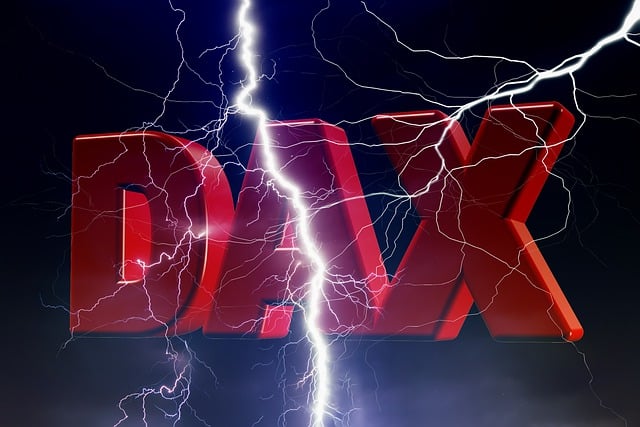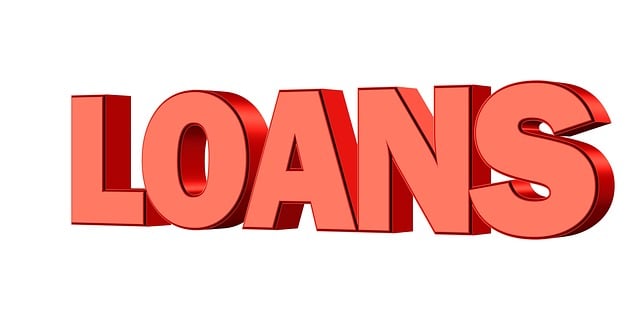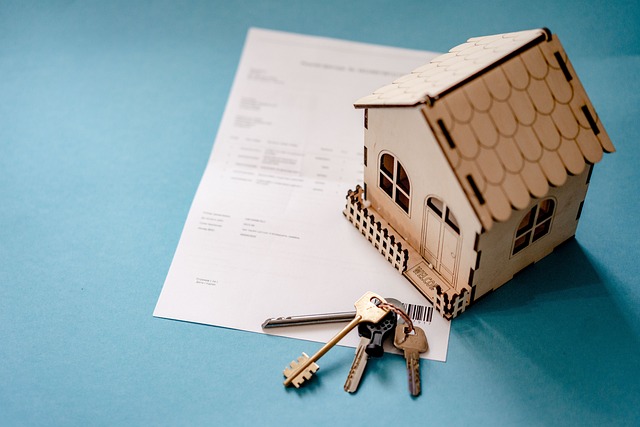Loan consolidation offers a strategic solution for individuals facing multiple high-interest debts or financial crises. By combining various loans into one manageable payment, it simplifies repayment processes and reduces interest rates, enabling faster principal balance payoff. Options include emergency debt assistance programs that alleviate the burden of multiple repayments and debt settlement programs that negotiate better terms with creditors. Exploring these consolidation options, tailored to individual circumstances, helps individuals regain financial control and move towards stability, making it a powerful tool in addressing financial crisis solutions.
Struggling with multiple loans and high-interest rates? Bad credit got you down? Discover how loan consolidation can be a powerful tool to combat financial crises. This comprehensive guide explores various loan consolidation options, offering solutions for better financial control. Learn about the benefits of combining loans, different debt reduction plans, and effective strategies to choose the right debt settlement program. Overcome your financial challenges with real-world success stories that showcase how loan debt consolidation can transform lives.
- Understanding Loan Consolidation: A Comprehensive Guide
- Benefits of Combining Loans for Better Financial Control
- Exploring Different Types of Debt Consolidation Programs
- Strategies for Effective Debt Reduction through Consolidation
- How to Choose the Right Debt Settlement Program
- Real-World Success Stories: Overcoming Financial Crises with Loan Consolidation
Understanding Loan Consolidation: A Comprehensive Guide

Loan consolidation is a strategic financial move designed to simplify your repayment process by combining multiple high-interest loans into a single, more manageable payment. This approach offers significant advantages during times of financial strain or when facing an emergency debt situation. By consolidating your loans, you can reduce the overall interest rate, making it easier to pay down the principal balance faster and save on financing costs.
It’s important to explore various loan consolidation options tailored to your specific circumstances. Financial crisis solutions often involve debt reduction plans that include emergency debt assistance or even debt settlement programs as a last resort. These strategies can help ease the burden of multiple loan repayments, making it easier for individuals to regain control over their finances and move towards a more stable financial future.
Benefits of Combining Loans for Better Financial Control

Combining multiple loans into a single payment can be a strategic move for individuals facing a financial crisis. It offers several benefits, particularly in terms of loan consolidation options. By consolidating debts, borrowers can simplify their repayment process and gain better control over their finances. This approach is especially valuable when dealing with various high-interest loans or credit cards, as it allows for a single, more manageable payment.
This strategy provides an effective debt reduction plan, enabling individuals to pay off their debts faster by consolidating them into one loan with a potentially lower interest rate. It also serves as a powerful emergency debt assistance tool during unforeseen financial challenges, offering peace of mind and a way to navigate through tough times without the constant burden of multiple repayment dates. Additionally, some debt settlement programs may be more accessible when debts are consolidated, giving borrowers an opportunity to negotiate better terms or even reduce their overall debt.
Exploring Different Types of Debt Consolidation Programs

When considering loan consolidation options, it’s crucial to understand the variety of programs available to help navigate a financial crisis. These solutions range from formal debt settlement programs that negotiate with creditors to reduce debt, to more structured approaches like debt reduction plans offered by various financial institutions and credit counseling agencies. Each method has its advantages and potential drawbacks, catering to different needs and circumstances.
For instance, emergency debt assistance programs often provide immediate relief by combining multiple loans into a single payment, simplifying the process for borrowers overwhelmed with loan debt. This consolidation can significantly reduce monthly payments and interest rates, offering much-needed breathing room. However, it’s essential to explore all options and consider long-term implications, as some programs may come with fees or impact credit scores differently.
Strategies for Effective Debt Reduction through Consolidation

When faced with multiple debts, one effective strategy to overcome a financial crisis is exploring loan consolidation options. This process involves combining several loans into a single payment, simplifying your repayment schedule and potentially lowering interest rates. By doing so, you can create a structured debt reduction plan tailored to your financial situation, making it easier to manage and pay off your debts more efficiently.
There are various loan debt consolidation methods available, each with its own set of benefits. For instance, emergency debt assistance programs often offer consolidated loans with lower interest rates or extended repayment terms, providing some relief during challenging times. Additionally, debt settlement programs can negotiate with creditors on your behalf to reduce the overall debt amount, though this may come with certain conditions and fees. Considering these options can be a proactive step towards financial stability, helping you break free from the burden of multiple loan payments.
How to Choose the Right Debt Settlement Program

Choosing the right debt settlement program is a crucial step in navigating your financial crisis solutions. Start by evaluating your unique financial situation and identifying which loan consolidation options best suit your needs. Research reputable companies offering emergency debt assistance, focusing on their experience, customer reviews, and the types of debt reduction plans they provide. Look for programs that offer transparent terms, competitive fees, and a proven track record of helping individuals successfully manage and reduce their loans debt consolidation.
Consider seeking advice from financial experts or credit counselors who can guide you in selecting a reputable debt settlement program. They can help tailor a debt reduction plan aligned with your goals and budget, ensuring you make informed decisions that lead to long-term financial stability. Remember, it’s essential to understand the terms, conditions, and potential risks associated with each program before committing to one.
Real-World Success Stories: Overcoming Financial Crises with Loan Consolidation

Many individuals have successfully navigated financial crises by exploring loan consolidation options. This strategy involves combining multiple loans into a single payment with a lower interest rate, making it easier to manage debt. By simplifying repayment schedules, borrowers can focus on reducing their overall balance more efficiently. For instance, someone struggling with student loans, credit card debt, and personal loans may find solace in consolidating these debts into one manageable stream. This approach has been a financial crisis solution for countless people, allowing them to regain control over their finances.
Additionally, debt reduction plans facilitated by consolidation can lead to significant savings on interest charges. Some borrowers have even benefited from emergency debt assistance programs that offer tailored solutions for unique financial situations. Debt settlement programs, another aspect of loan consolidation, negotiate with creditors on behalf of the borrower, potentially reducing the overall debt burden. These real-world success stories prove that with the right tools and strategies, managing and overcoming loans debt consolidation is not just possible but achievable.







